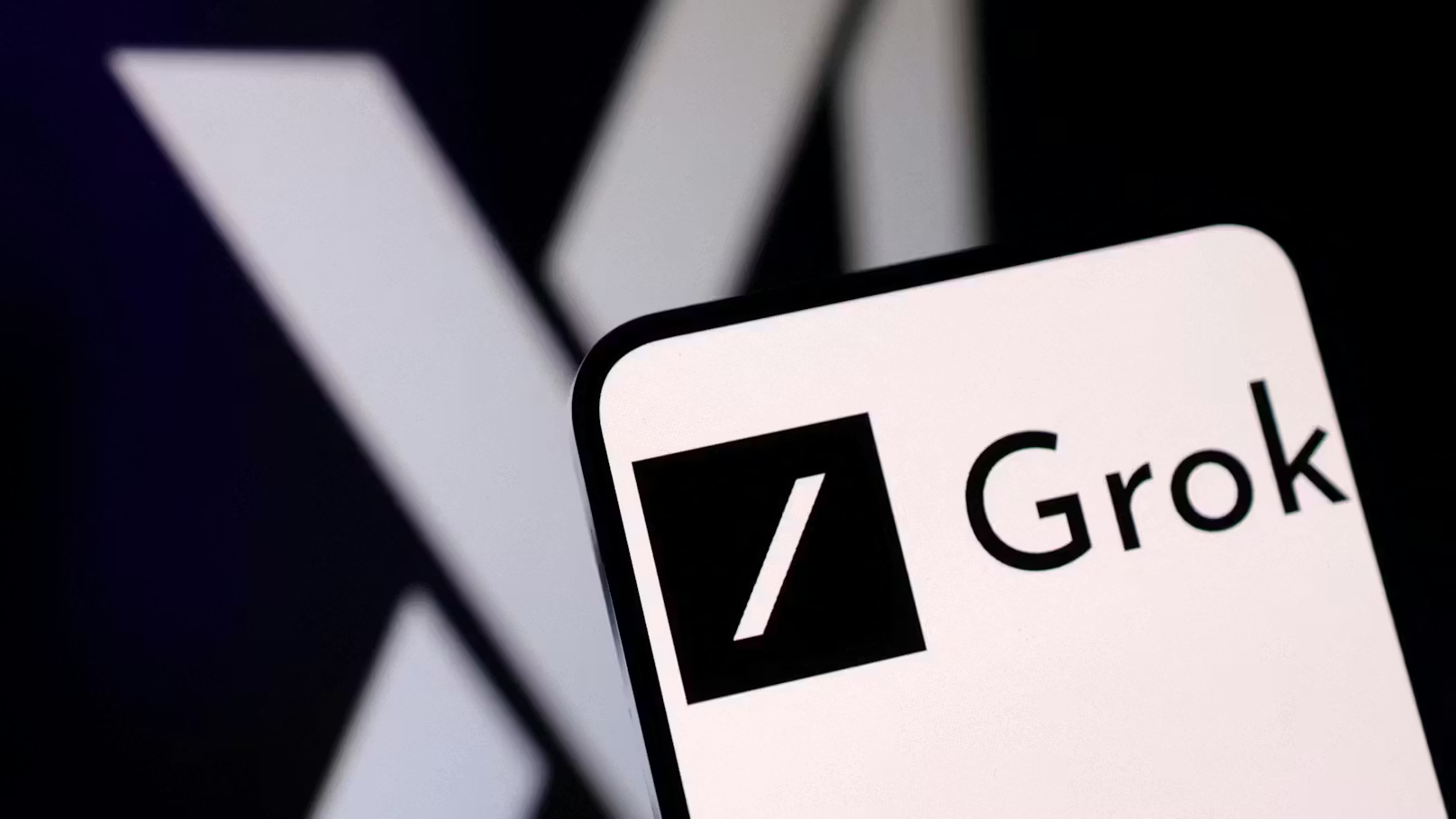Your flight’s on-time arrival depends on technology older than TikTok. The Federal Aviation Administration still runs legacy air traffic control systems on Windows 95 computers and floppy disks, creating a surreal situation where controllers track your 737 using gear that predates Google.
This digital Stone Age finally ends now. Transportation Secretary Sean Duffy called the modernization “the most important infrastructure project that we’ve had in this country for decades,” and for once, the government hyperbole fits reality.
The Absurd Reality of Current Systems
Picture this: your pilot navigates using GPS satellites while ground control tracks the same aircraft with paper strips and diskettes. The FAA still uses paper strips to track aircraft movements and transfer data between systems, creating a technological gap that would be hilarious if it weren’t responsible for your safety at 35,000 feet.
The irony runs deeper than Windows 95’s blue screens. These ancient systems provide better cybersecurity than modern networks—hackers can’t breach what they can’t connect to. But finding replacement parts for decades-old hardware has become increasingly difficult.
What Changes for Your Travel Experience
Acting FAA Administrator Chris Rocheleau promises “no more floppy disks or paper strips” in the new system. Translation: fewer delays caused by system crashes, better airport coordination, and controllers who can see real-time aircraft data instead of hand-written notes.
The four-year timeline may sound ambitious—until you realize the alternative. Some forgotten products are still running today, and not always safely. When your flight gets delayed because a Windows 95 system crashes, it’s clear this upgrade can’t come soon enough.
Government tech often feels like one of those outdated retro gadgets—still clunky, barely functional, and overdue for replacement. While past modernization promises stalled, this time feels different, mostly because the current system is actively falling apart.
The price tag remains unspecified, but officials reference “tens of billions” in costs. That sounds expensive until you realize we’re essentially rebuilding the nervous system of American aviation from scratch. Your slightly higher ticket fees will fund technology that belongs in this century.
This upgrade is more overdue than a Netflix password crackdown. The modernization represents not just a technical necessity, but a long-delayed acknowledgment that America’s skies deserve better than floppy disk reliability.




























